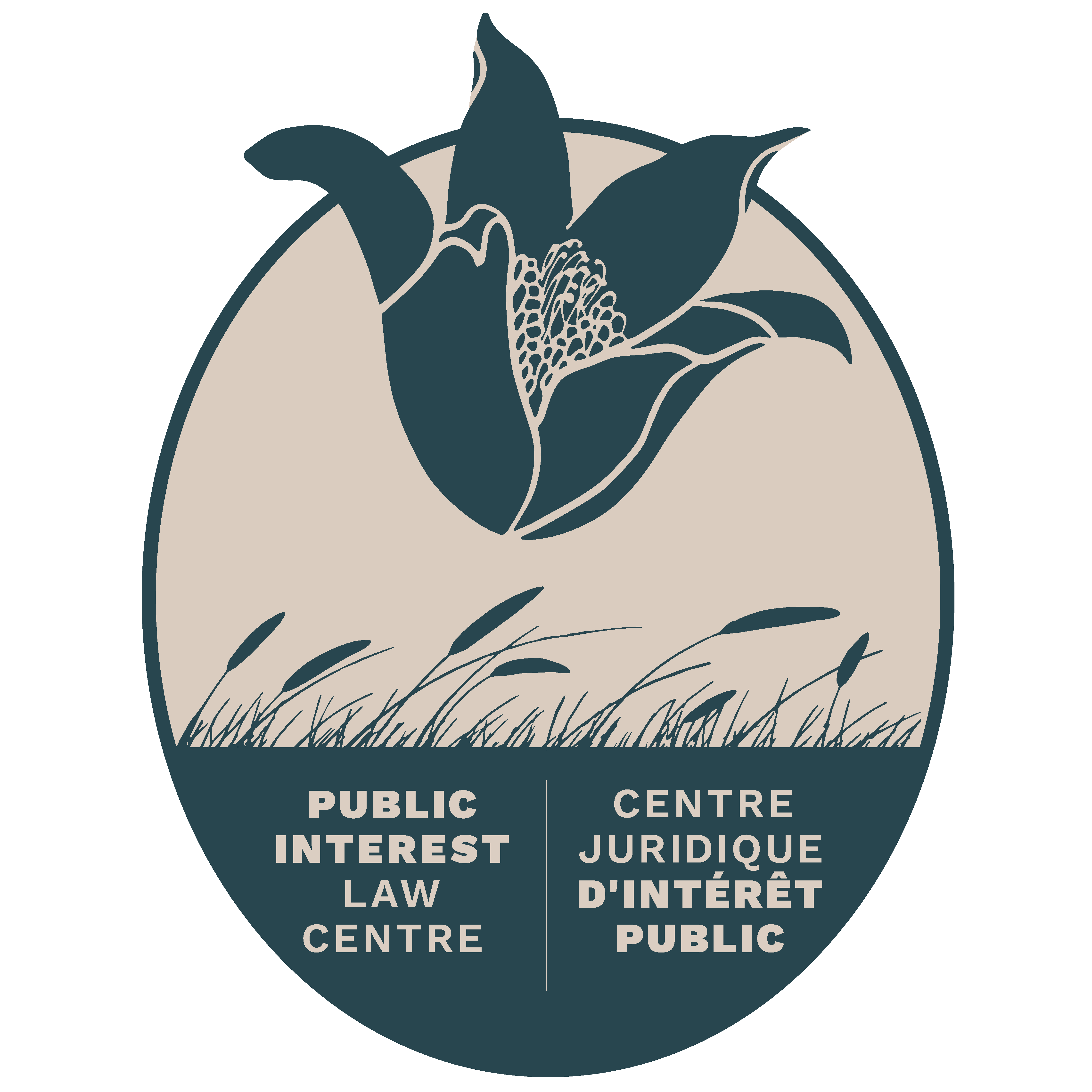Significant Victory for Manitoba Parents
10/12/2020
Seven couples who filed legal proceedings in the Manitoba Court of King’s Bench against the Manitoba government relating to its outdated Family Maintenance Act are celebrating a significant victory in their bid to be recognized as parents.
On Friday, November 9, the Court ordered, with the consent of both parties, that sections of the Family Maintenance Act violate the right to equality as guaranteed by the Charter of Rights and Freedoms and found the current definition of parent discriminates against lesbian, gay, bisexual, transgender, queer or questioning and Two-Spirit (LGBTQ2S+) families. By agreeing to the consent order, the Province acknowledged that the provisions of the Family Maintenance Act that were being challenged discriminated against the applicant families.
The Manitoba Family Maintenance Act has not been updated since 1987 and does not recognize non-biological parents who conceive through assisted reproduction. This denies substantive equality to LGBTQ2S+ parents who rely on reproductive technologies
Currently, if a child is conceived through assisted reproduction and born in Manitoba to a LGBTQ2S+ couple, one parent is recognized legally and the other is not. The second parent must go through the time-consuming and costly process of adopting their own child, living with uncertainty and without legal rights until that paperwork is completed successfully.
The barriers created by the legislation also run against the best interests of children. All children benefit from having certainty in their family relationships and from being parented by persons who have clear legal rights and obligations, regardless of how they were conceived.
In 2001, LGBTQ2S+ parents needed to bring a constitutional challenge to get the right to adopt as a couple, and now 19 years later, needed to bring a constitutional challenge to obtain legal recognition of their status as parents to their children born by way of assisted reproduction. The need for law reform in this area was recommended six years ago by the Manitoba Law Reform Commission in a report entitled “Assisted Reproduction: Legal Parentage and Birth Registration.”
Family lawyers Robynne Kazina and Rhoni Mackenzie of Taylor McCaffrey LLP Barristers and Solicitors, in pro bono collaboration with Allison Fenske and Byron Williams of the Public Interest Law Centre (Legal Aid Manitoba), represented the seven couples.
“This is a great step forward for Manitoba, which we expect will bring it in line with other provinces like British Columbia, Ontario and Saskatchewan that have already enacted new legislation to recognize legal parentage in cases of assisted reproduction,” said Kazina. “New legislation will have far reaching beneficial impacts for all intended parents conceiving with the use of assisted reproduction, not just the LGBTQ2S+ community, and our clients are thrilled with this result.”
“The number of LGBTQ2S+ families formed through the use of assisted reproduction is significant and continues to increase with technological developments, changes in medical policies and practices and shifting social attitudes,” stated Fenske. “Modernizing the laws that recognize parents is long overdue – removing these barriers and burdens for new parents allows them to focus on what is most important, their children.”
The Court also declared that the seven sets of parents who launched the legal proceedings are parents in the eyes of the law, and they are not required to go through an adoption or declaration process through Court. Courtney Maddock and Jill Stockwell married in Morden, Manitoba in 2010. Two years ago, their daughter was born with the assistance of in vitro fertilization.
“We have both been equal parents from the beginning and it is great that the law is finally catching up, recognizing what we have always known; we are both CJ’s moms,” says Stockwell.
“We are excited that other LGBTQ2S+ families in Manitoba will not have to go through the expensive process to adopt their own children in the future, and will be considered equal parents from the beginning,” says Maddock.
The Province of Manitoba is now required to remedy the discrimination, most likely by amending the Family Maintenance Act so that any family who uses assisted reproduction has a meaningful and accessible pathway to legal recognition as parents.



